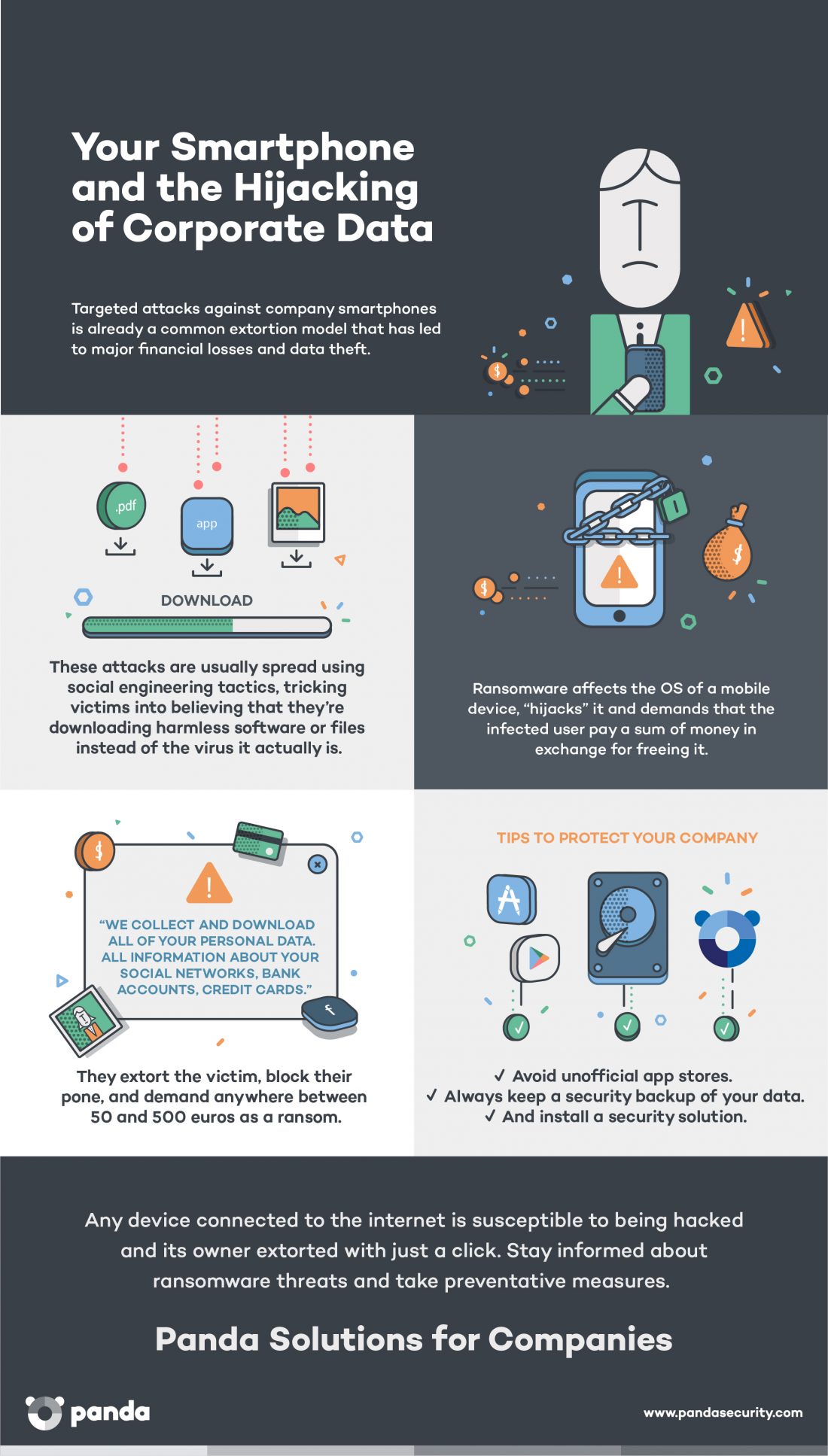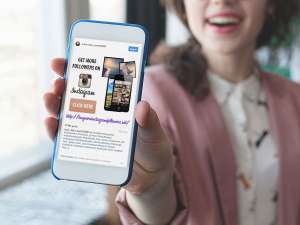
Laptops, handheld video games, cameras, tablets… unless it has some sort of medical use, all electronic devices bigger than a smartphone will be banned from the cabin of all flights originating in North Africa and the Middle East and bound for the US or UK.
The Trump administration announced the drastic measure, which will affect ten airports in Jordan, Egypt, Saudi Arabia, Kuwait, Morocco, Qatar, Turkey, and the United Arab Emirates.
According to the department of Homeland Security, terrorist organizations “continue to target commercial aviation and are aggressively pursuing innovative methods to undertake their attacks, to include smuggling explosive devices in various consumer items.”
The UK has adopted a similar ban against laptops and tablets. In this case, the measurements are specified and can only travel in checked luggage. The ban is effective for six countries in order to “maintain the safety of British nationals.” Recently, a bomb exploded on a Daallo Airlines flight that may have been hidden on a laptop, forcing the plane to make an emergency landing in Mogadishu.
Fear of Explosions… and Cyberattacks?
Even though the TSA (Transport Security Administration) hasn’t gone into detail about the ban, Kip Hawley, ex-director of the organization, defended the decision. According to Hawley, an explosive charge could be installed in a smartphone as well, but would be limited by size and insufficient to pose any major threat.
At the same time, a bomb in the cargo bay would be ineffective, since not only is it surrounded by suitcases that would stifle the blast, but is also itself highly reinforced.
Oddly enough, the decision arrived not long after the Federal Aviation Administration announced that lithium batteries presented the risk of catching fire while in storage under the plane. Some experts have criticized the new measures. Nicholas Weaver, researcher at the International Computer Science Institute, has taken the opposing stance that a bomb “would work just as well in the cargo hold.”
Weaver also points out that if hacking is the main concern, “a cellphone is a computer.” After the Germanwings accident, which took the lives of 150 people, some questioned whether a cybercriminal could be responsible. As of now, however, the threat of a cyberattack is still hypothetical. Indeed, it has only been demonstrated that control can be taken of navigation systems in a simulation environment.
Recently, a Spanish researcher discovered vulnerabilities in planes’ in-flight entertainment systems. The most damage he could do, however, was to turn on and off the lights, broadcast messages over the PA, or steal card numbers from passengers making in-flight purchases.
For the time being, it seems the fears of the US and UK are not based on a potential cyberattack, but rather on the stated concern about hidden explosives. As can be expected from sensitive policy decisions, however, neither London nor Washington are offering much in the way of details.
The post New Security Measure in the US and UK: Tablets Banned on Some Flights appeared first on Panda Security Mediacenter.








